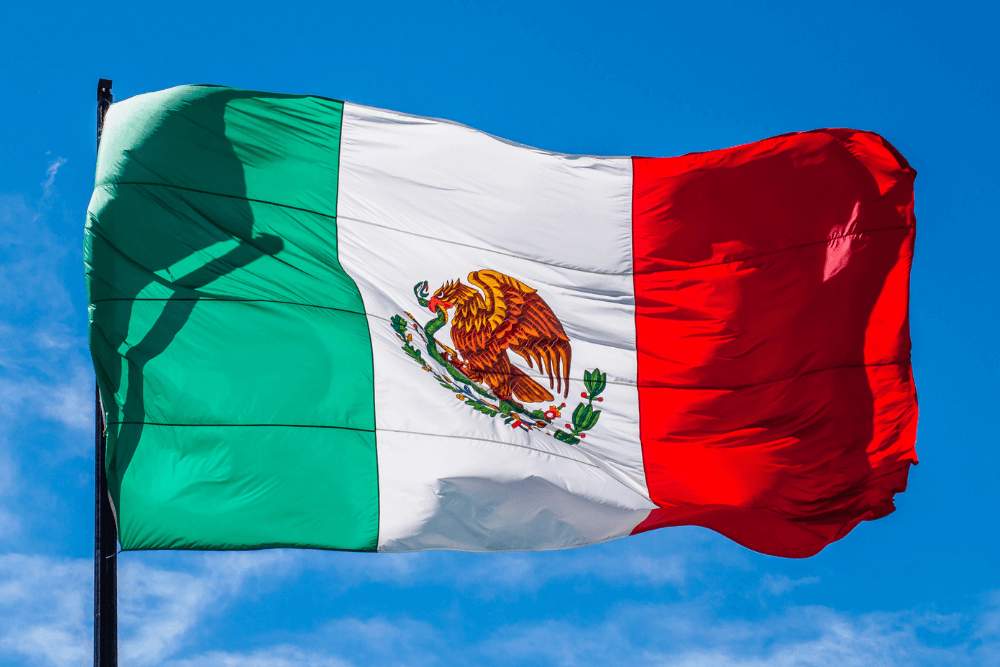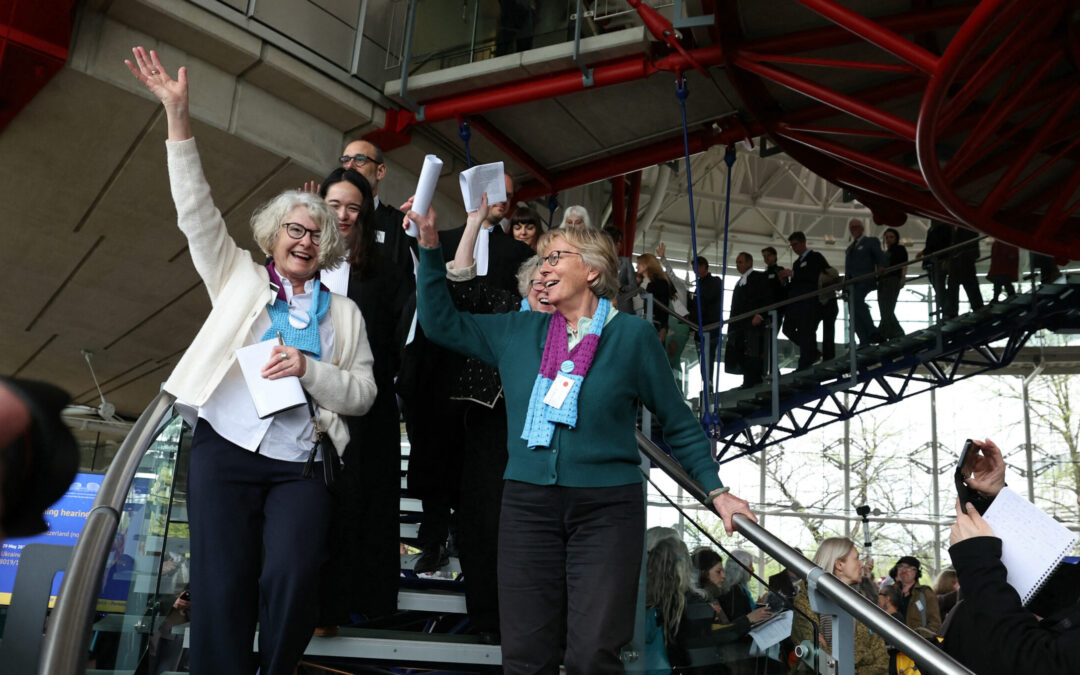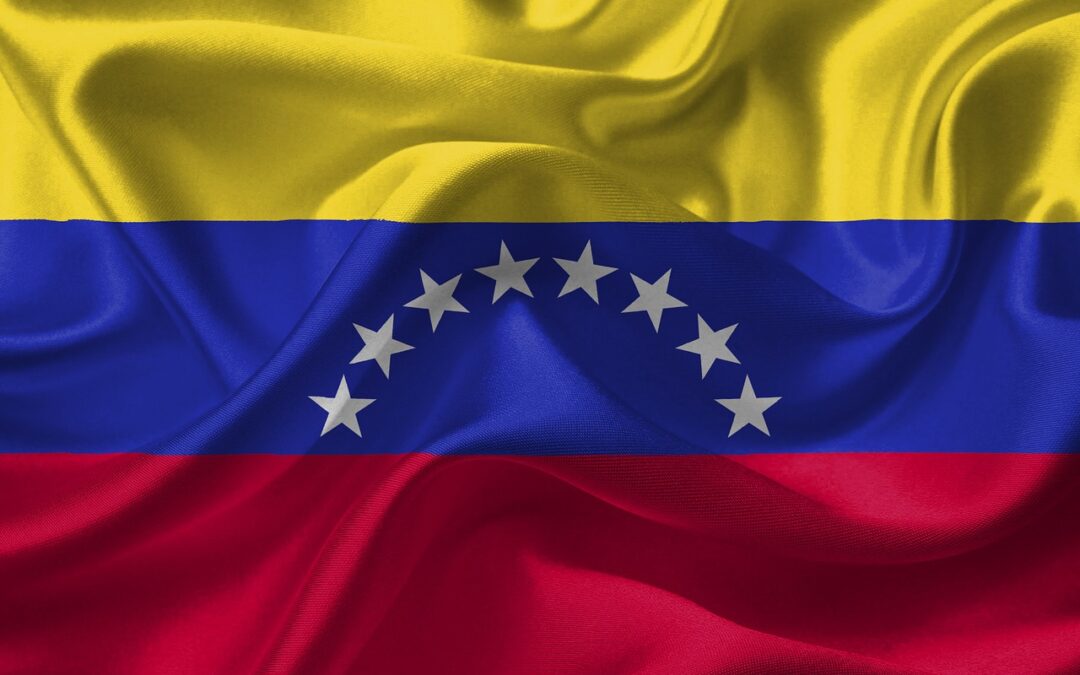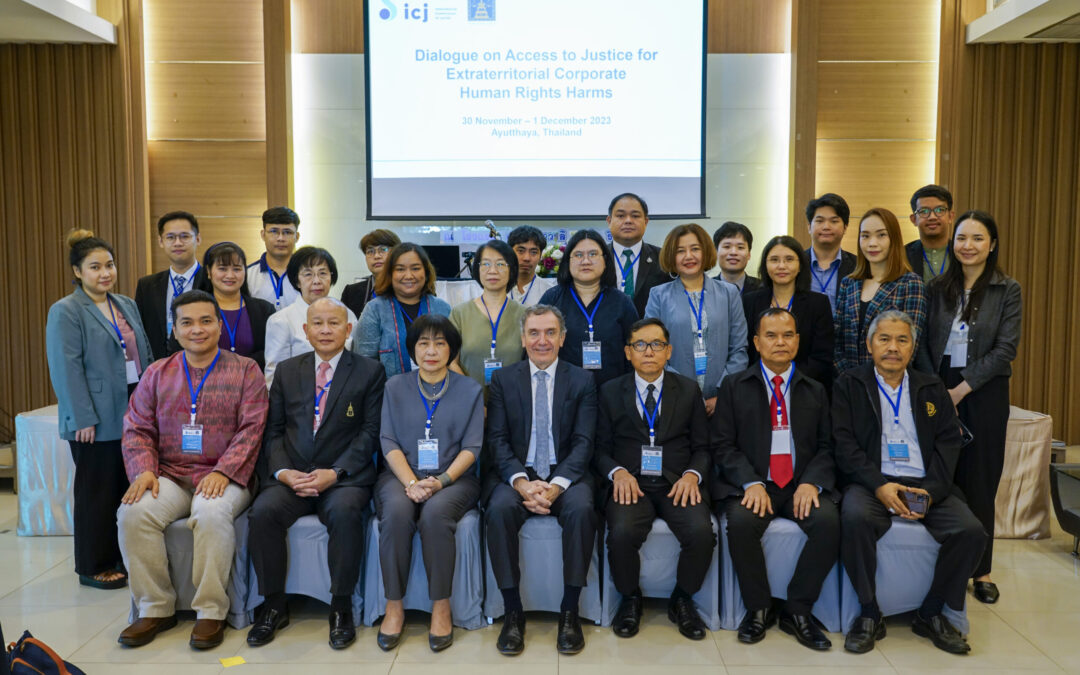


Switzerland: Failing to comply with European Court’s ruling on climate protection not an option
The International Commission of Jurists (ICJ) is concerned by the recent response of the Swiss Federal Council (i.e., the Swiss government) to ruling of the Grand Chamber of the European Court of Human Rights (ECtHR) in the landmark case Verein KlimaSeniorinnen Schweiz and Others v. Switzerland.

Venezuela Presidential Election: International Organizations Call on Authorities to Guarantee Transparency
Nine signatory international organizations condemn the lack of transparency in the announced results of Venezuela’s July 28 presidential elections. This lack of clarity raises serious questions about the fairness and integrity of the election, leading to widespread...
Thailand: Authorities must do more to ensure access to justice and effective remedies for extraterritorial corporate human rights abuses
The conclusion drawn at a workshop hosted by the International Commission of Jurists (ICJ) and Thailand’s Ministry of Justice on 30 November and 1 December 2023, in Ayutthaya province, was that Thailand should step up efforts to provide real access to justice for victims of corporate human rights abuses involving Thai companies abroad. This is imperative to make sure that Thailand meets its international legal obligations and fulfills the commitment it made in adopting a National Action Plan on Business and Human Rights Phase 2 (NAP), aimed at regulating the conduct of Thai companies abroad.
The workshop advanced a crucial component of the set of action points outlined in the NAP, engaging nearly 30 members from the justice sector, relevant authorities across various departments, academics, lawyers, and civil society actors.
“This workshop holds particular importance as it contributes to the global initiative aimed at addressing the lack of human rights regulation and the accountability of transnational corporations, a significant gap in human rights protection,” remarked Santiago A. Canton, ICJ’s Secretary-General in an opening statement.
“The state’s obligation to prevent human rights abuses committed by the companies it may influence does not stop at the border. The adoption of the Maastricht Principles in 2011 revealed evidence of State obligations to protect economic, social, and cultural rights beyond its borders, including in the context of corporate conduct, and this obligation binds the judiciary of the State. These principles have subsequently been confirmed by several jurisprudences of the UN treaty bodies,” said Sandra Epal Ratjen, ICJ’s UN Senior International Legal Adviser.
During the workshop, participants discussed existing challenges, covering areas such as corporate veils, conflicts of law, jurisdictional issues, statutes of limitations, and remedies.
“When an abuse occurs, the legal separation of corporate entities often allows parent companies and their representatives to evade responsibility for human rights abuses committed by them, leaving victims with no means to enforce compensation awards,” said Sanhawan Srisod, ICJ’s Legal Adviser.
“Courts in the parent company’s home country may serve as an alternative forum for claims seeking remedy or reparation. However, affected foreign citizens generally encounter greater barriers than Thai citizens in accessing justice due to several reasons, including language barriers, lack of understanding of the Thai legal system, financial constraints, short statutes of limitation, and the unavailability of access to legal aid, local lawyers, and internal corporate documents,” added Srisod.
Proposals from the participants included amending laws to shift the burden of proof, especially when critical facts or documents necessary to resolve a claim reside exclusively within the knowledge of the corporate defendant. This involves considering the potential influence parent companies exert over their subsidiaries in relevant actions. Other recommendations involved extending the statute of limitations for cases involving victims of transnational corporate human rights abuses, acknowledging the existence of corporate veils under Thai law, strengthening the enforcement of foreign judgments against parent companies in Thailand.
Effective measures aimed at ensuring remedies could include requiring businesses to obtain insurance coverage or establishing preventive remedial funds for Thai businesses before embarking on overseas investment. The eligibility criteria of existing funds and grievance mechanisms could be widened within Thailand to explicitly allow affected persons outside the country access to such remedies and mechanisms. There were also suggestions to explicitly broaden the scope of duties of the National Human Rights Commission of Thailand (NHRCT) to investigate and reconcile abuses occurring abroad.
Further recommendations included establishing standards for remedies with a human-centered approach and exploring the implementation of social sanction measures.
Participants considered how best to implement measures through bodies such as the Securities and Exchange Commission (SEC) and the Board of Investment (BOI), whose representatives attended the Workshop. This encompassed proposals for sustainable disclosure of corporate information to both the SEC and BOI. Additionally, there were suggestions to strengthen the BOI’s role or assign a permanent mandate to the NAP Committee for overseeing Thai investments abroad. Participants also explored the idea of incorporating human rights challenges faced in foreign investment as mandatory disclosure points in the SEC’s One-Report, which listed companies are required to submit annually. Furthermore, there were discussions regarding the Stock Exchange of Thailand (SET) assuming a more influential role in regulating transnational corporations.
Background
Thailand’s National Action Plan on Business and Human Rights Phase 2 (2023-2027) outlines various activities within the Action Plan on Cross Border Investment and Multinational Enterprises.
Its Action Point 1.3 designates the Ministry of Justice, supported by the Ministry of Foreign Affairs and the Office of the Attorney General, with the responsibility of conducting a study. This study aims to offer recommendations for amending laws or establishing measures aimed at ensuring access to the justice system and effective civil, criminal, and administrative remedies for communities, both locally and overseas, affected by the operations of Thai companies or state enterprises abroad.
This workshop was the second of its kind. The first meeting was conducted on 10 and 11 September 2022 by the ICJ and Thailand’s Ministry of Justice.
Speakers at the Workshop included:
- Darunee Paisanpanichkul, Deputy Dean, Faculty of Law, Chiang Mai University
- Ruangsak Suwaree, Director-General, Rights and Liberties Protection Department, Ministry of Justice
- Sandra Epal Ratjen, Senior International Legal Adviser and UN Representative, ICJ
- Sanhawan Srisod, Legal Adviser, ICJ
- Santiago A. Canton, Secretary-General, ICJ
- Sayamol Kaiyoorawong, National Human Rights Commissioner of Thailand
- Teerachai Sanjaroenkijthaworn, Co-ordinator, Extra-Territorial Obligation Watch Coalition
Contact
Sanhawan Srisod, ICJ Associate International Legal Adviser, e: sanhawan.srisod@icj.org
Further reading

Peru: authorities must respect the rule of law amid the political crisis
Peruvian authorities in all three branches of government should strive to strengthen the rule of law and the principle of separation of powers in the wake of the political crisis that led to the arrest of former President Pedro Castillo yesterday after he tried to dissolve Congress, take control of the judiciary and declare a state of emergency, the International Commission of Jurists (ICJ) said today.




